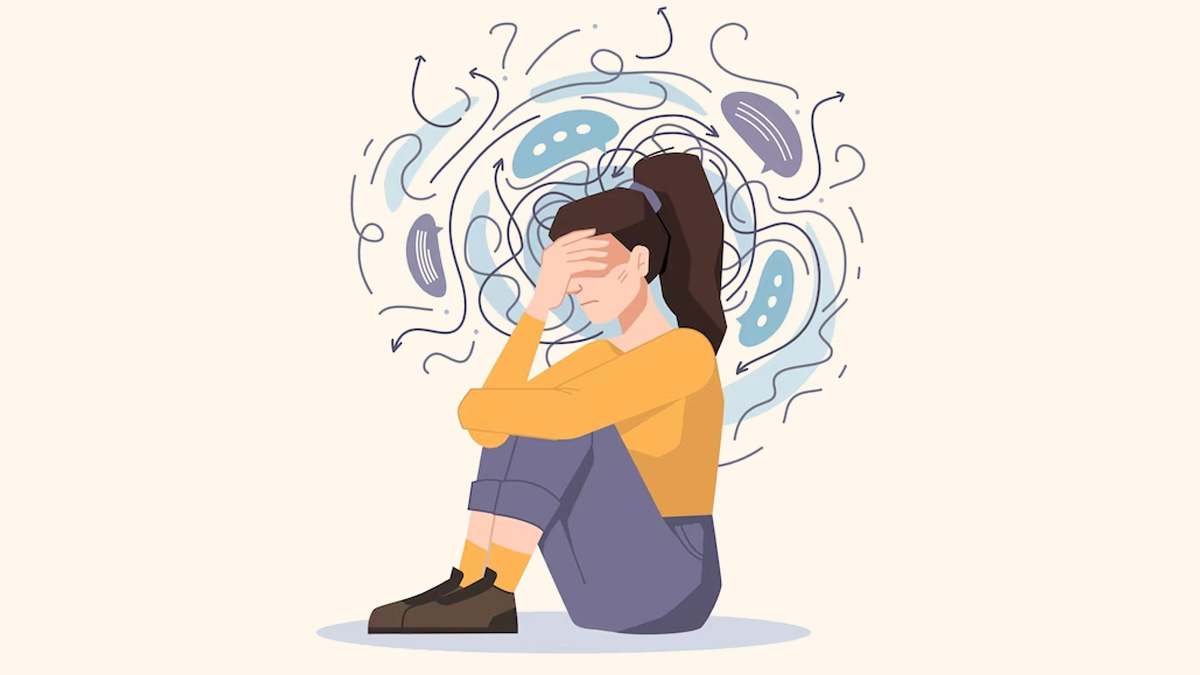
The concept of mental well-being is not fixed; it varies from person to person. Having good mental well-being doesn't imply constant happiness or being immune to life's challenges. It can mean addressing our feelings, coping with everyday stressors and problem solving through life’s challenges. Regular mental health routines can deeply influence an individual's welfare and overall life satisfaction. The following techniques have been found to be helpful in improving people’s overall mental and physical health:
Table of Content:-
Addressing and managing Stress
“Try to think about what might help you to relax. If there's something that helps you, try to find time to fit it into your day. This could be reading a book, indulging in art, having a nice meal, talking to your dear ones, gardening, listening to music, etc. Different things work for different people, so try to explore what relaxes and rejuvenates you,” said Sabhyata Goswami, Clinical Psychologist at LISSUN.

Practicing Mindfulness
“It involves focusing on the present moment or your sensory experiences, which can be beneficial. This practice, often referred to as mindfulness, can be achieved through techniques like meditation or breathing exercises,” said Goswami, adding, it can be incorporated into daily activities such as washing dishes or eating, where you pay closer attention to your senses. This heightened awareness can result in enhanced stress management, better emotional control, and increased overall resilience.
Also read: How Does An Unhealthy Gut Define Your Poor Mental Health?
Gratitude or Thought Journaling
“Keeping a gratitude journal and regularly reflecting on things to be thankful for can shift focus away from negativity and cultivate a more positive outlook on life. Whereas, a thought journal helps to be in touch with one’s thoughts and identify helpful and unhelpful thought patterns. This practice has been shown to enhance mood and increase feelings of contentment and happiness,” said Goswami.
Physical Exercise
Regular physical activity is not only beneficial for physical health but also has numerous mental health benefits. Exercise releases endorphins, which are natural mood lifters, and can help reduce symptoms of anxiety and depression.

Maintaining a healthy sleep schedule
Prioritising good sleep hygiene, such as maintaining a consistent sleep schedule and creating a relaxing bedtime routine, can significantly improve mental health. Quality sleep is essential for cognitive function, emotional well-being, and overall mental resilience.
Establishing healthy Boundaries
As per Goswami, learning to set boundaries in relationships and commitments is crucial for protecting one's mental health. Setting limits on work hours, saying no to excessive demands, and prioritising self-care can prevent burnout and reduce overwhelming feelings.
Also read: Does Following Positive Affirmations Really Aid Your Mental Health?
Seeking Professional Help When Needed
“It's essential to recognise when additional support is necessary. Seeking therapy or counselling can provide valuable tools and strategies for managing mental health challenges such as anxiety, depression, or trauma,” Goswami concluded.
Engaging oneself socially, emotionally, and physically can help people cope with their everyday challenges in an effective way. Sustained and continued engagement in these areas promote longevity, and reduced risk of mental and physical illnesses.
Also watch this video
Read Next
Mental Health: Different Rehabilitation Therapies for People Dealing With Mental Health Issues
How we keep this article up to date:
We work with experts and keep a close eye on the latest in health and wellness. Whenever there is a new research or helpful information, we update our articles with accurate and useful advice.
Current Version